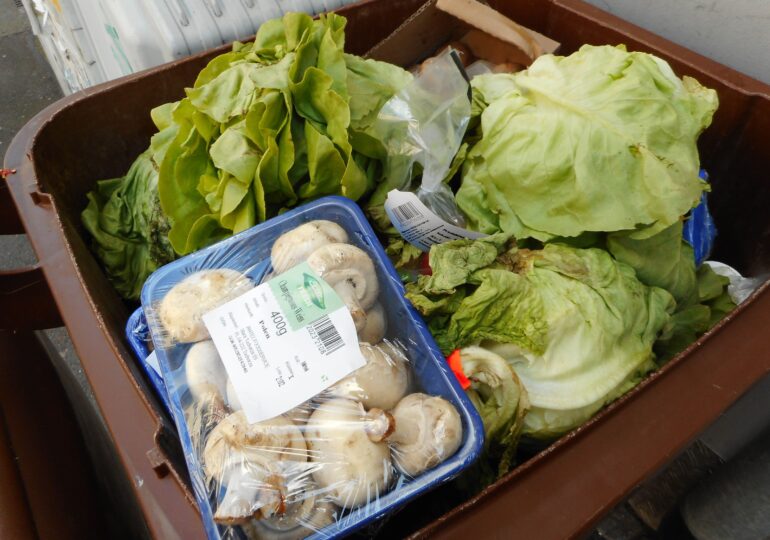The European Union estimates that up to 10% of produced food ends up as waste. Romania contributes approximately 2.5 million tons annually, equivalent to 150 kilograms per person.
Reducing food waste by 50% by 2030 is now a mandatory objective for all member states, both to protect public health and food safety, as well as to conserve natural resources.
ANSVSA: support for donations and responsible consumption
"Reducing waste is not only an obligation imposed by the new European rules, but also a common responsibility. ANSVSA will support economic operators in facilitating the donation of safe food for consumption," stated the President of the Authority, Alexandru Bociu.
Starting in 2024, legislation requires food sector operators to take measures such as selling nearly expired products at reduced prices, redistributing through donations, and using intelligent stock management systems.
Restaurants and households, main sources of waste
According to a study conducted for the Ministry of Agriculture, the largest waste generators are restaurants (8.6%) and urban consumers (6.5%). Other losses occur in agriculture (4.2%), processing (3.8%), and retail (0.9%).
Among the causes are oversized portions, supply chain dysfunctions, and discarding leftover dishes at the end of the day.
The law now requires HORECA operators to allow customers to take home unconsumed food at no extra cost.
Difference between "best before" and "use by"
Authorities draw attention to the frequent confusion regarding the term of validity.
Law 49/2024 obliges producers, processors, and distributors to adopt anti-waste plans and prioritize selling at reduced prices, donation, use as animal feed, or transformation into compost. From 2026, agri-food operators will be required to annually report the quantities donated or lost, with those who donate benefiting from tax incentives.
New European law: clear objectives and firm deadlines
The European Parliament adopted a law against food and textile waste on September 9, 2025.
By 2030, member countries must reduce waste by 10% in production and processing and by 30% in trade, restaurants, and households, compared to the 2021-2023 average. Measures may include promoting "ugly" fruits and vegetables, clarifying labeling, and donating unsold food. However, NGOs have criticized the exclusion of agriculture from mandatory objectives.
Romania committed to 50% waste reduction
Through the UN 2030 Agenda and the Paris Agreement, Romania has pledged to halve food waste. The Ministry of Agriculture is preparing a National Strategy, and public institutions, together with the private sector, must accelerate implementation. "All stakeholders - farmers, producers, traders, HORECA, and consumers - have a role in waste prevention," emphasized Alexandru Bociu.

